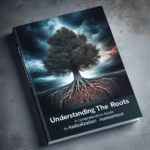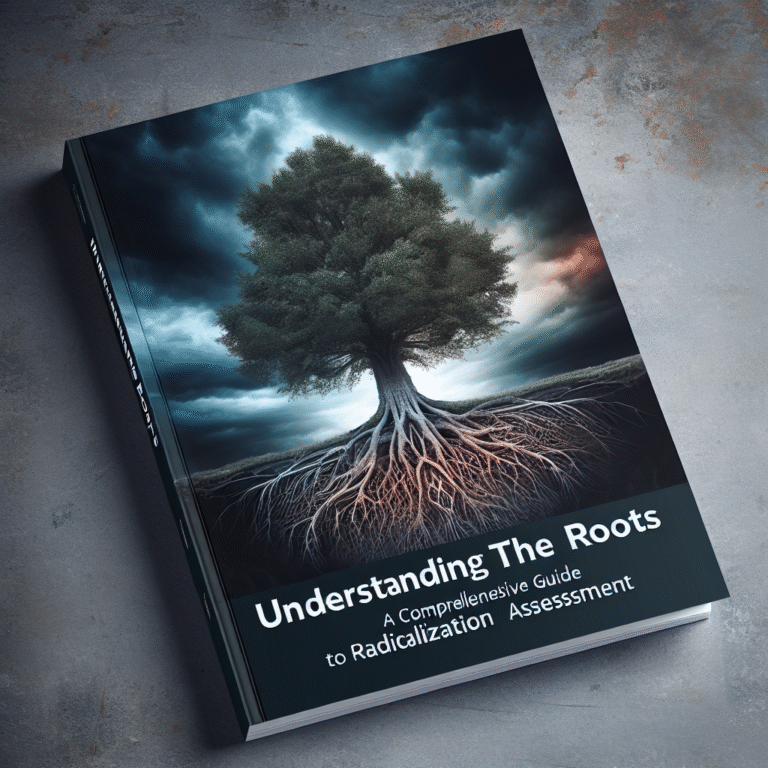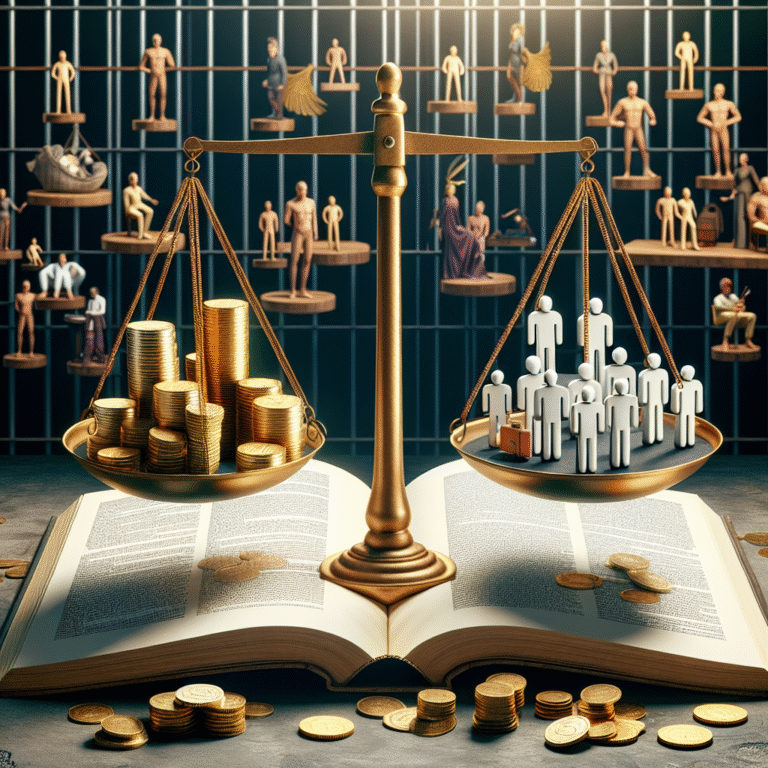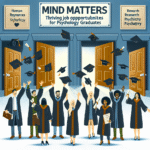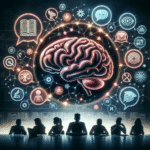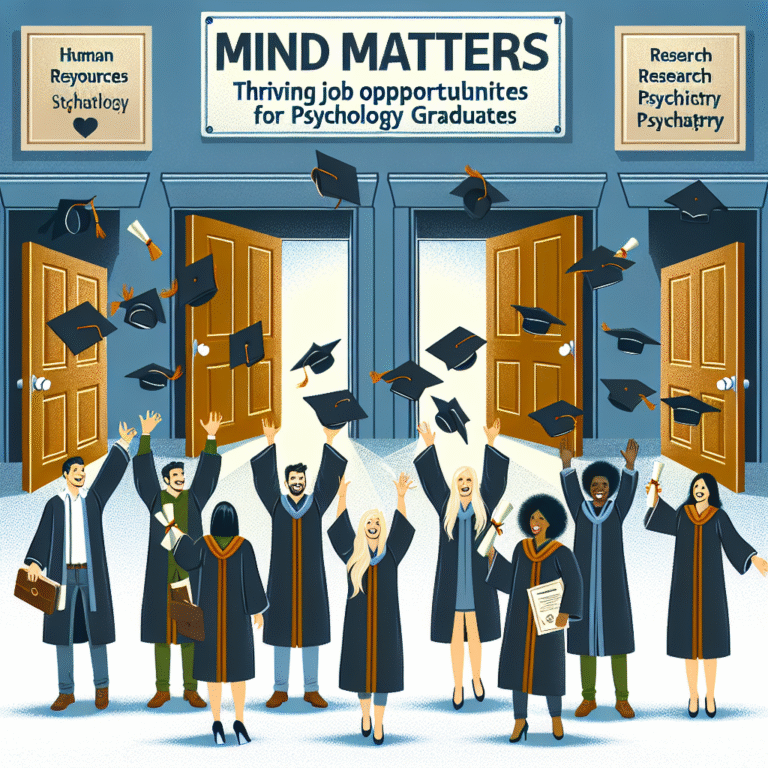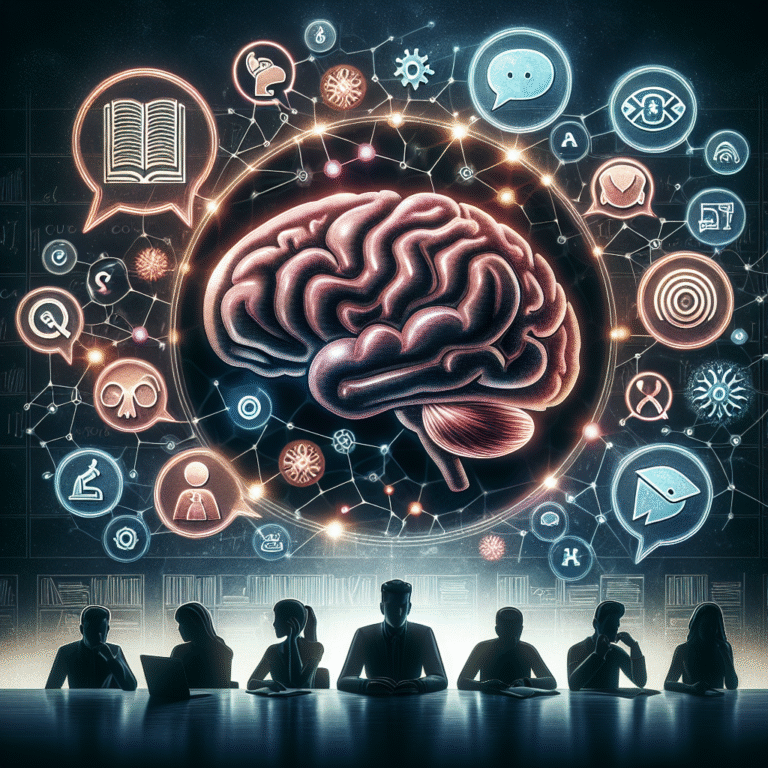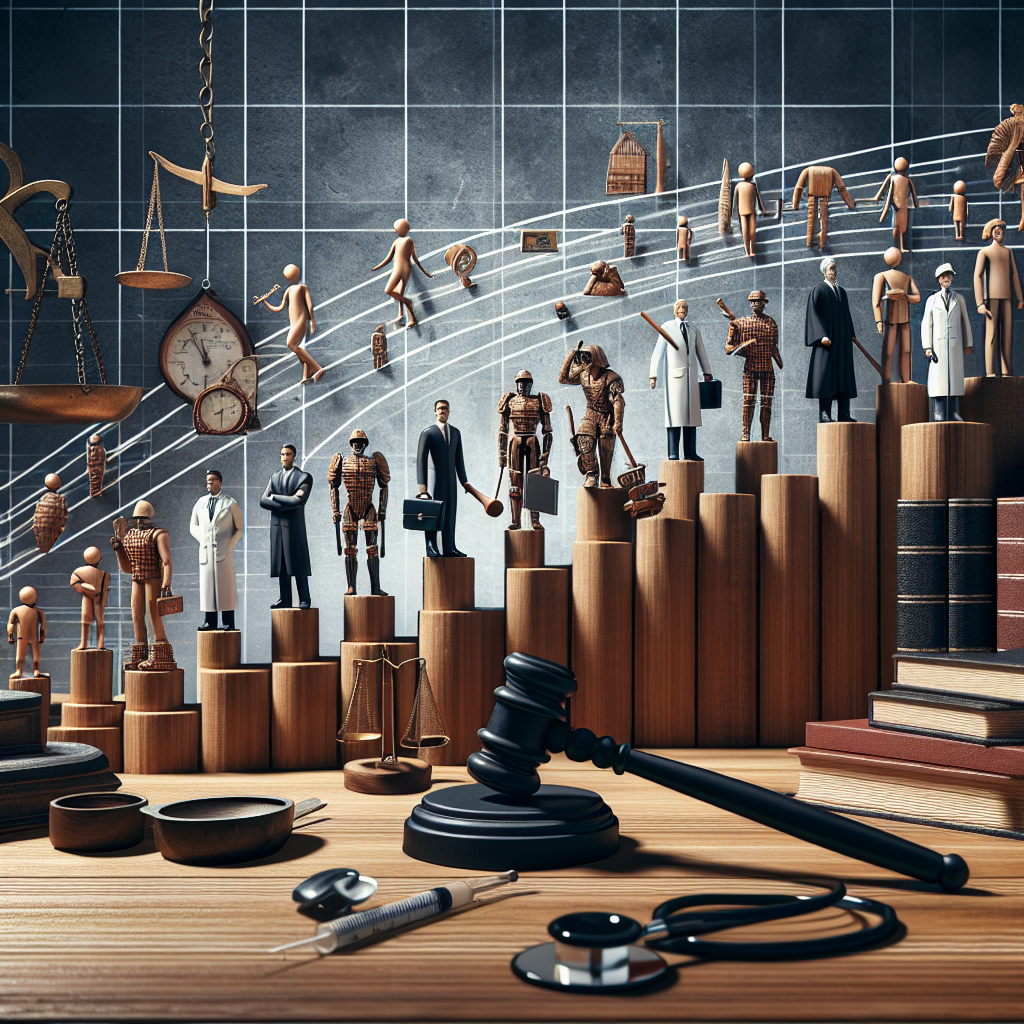
Introduction
In the complex world of litigation, the role of expert witnesses has evolved remarkably. These professionals, often key players in the courtroom, help bridge the gap between technical facts and the lay understanding of complex issues. Their insights can mean the difference between winning and losing a case, making their role not just important but essential. In this comprehensive exploration of Legal Perspectives: The Evolving Role of Expert Witnesses in Litigation, we will delve into their functions, responsibilities, and the unique challenges they face.
Understanding the Basics of Expert Witnesses
What is an Expert Witness?
An expert witness is an individual with specialized knowledge, skills, or experience in a particular field relevant to a case. Unlike regular witnesses who testify to facts, expert witnesses provide opinions based on their expertise to help juries understand complex issues. This could range from medical professionals testifying in malpractice suits to financial analysts assessing economic damages.
Legal Framework Governing Expert Testimony
The admissibility of expert testimony is primarily governed by the Federal Rules of Evidence, particularly Rule 702, which states that an expert’s testimony must be based on sufficient facts, be the product of reliable principles and methods, and applied reliably to the facts of the case. Notable cases such as Daubert v. Merrell Dow Pharmaceuticals established the “Daubert standard,” providing a framework for judges to assess the relevance and reliability of expert testimony.
The Evolving Role of Expert Witnesses
Historical Context
Historically, expert witnesses were viewed with skepticism due to concerns over bias and the potential for misleading juries. However, as legal complexities increased and jury expectations evolved, the judiciary began embracing expert testimony as essential for understanding specialized topics.
Current Trends in Expert Testimony
Today, we see a growing trend towards the use of experts across various fields, including technology, finance, and environmental science. This evolution is driven by the increasing complexity of legal issues and the need for specialized knowledge to properly adjudicate cases.
Case Study: The Influence of Forensic Experts
A powerful example of expert witnesses in action is seen in cases involving forensic science. In People v. Smith, the testimony of a forensic expert on DNA evidence played a pivotal role in securing a conviction. The expert’s ability to simplify complex genetic information helped the jury grasp the significance of the evidence, underscoring the critical function of expert witnesses in litigation.
| Aspect | Traditional Role | Evolving Role |
|---|---|---|
| Type of Knowledge | General knowledge | Specialized knowledge |
| Function | Factual witness | Opinion development |
| Impact on Outcome | Minimal | Significant |
Challenges Faced by Expert Witnesses
The Challenge of Bias
One ongoing concern is the potential bias that expert witnesses may bring to their testimony. Critics argue that experts can be influenced by the party who hires them. It’s crucial for legal counsel to select unbiased experts whose credibility won’t be undermined.
Navigating the Daubert Standard
Experts must also navigate the complexities introduced by the Daubert standard, which requires their methods to be scientifically valid. This has led to a more rigorous vetting process, meaning that not just anyone with a degree can qualify as an expert witness; they must have solid, empirical support for their conclusions.
Case Study: The Fallout from Inadmissible Expertise
The case of Kumho Tire Co. v. Carmichael serves as a cautionary tale. The ruling emphasized the necessity for expert testimony to adhere strictly to the standards of reliability and relevance. The court rejected testimony for being unreliable, demonstrating how expert witnesses must continually adapt to legal standards to maintain their legitimacy.
The Impact of Technology on Expert Witness Testimony
Digital Advancements
As technology evolves, it significantly alters the landscape for expert witnesses. Tools like data analytics and AI are influencing how experts analyze and present evidence. For instance, in litigation involving cybersecurity, expert witnesses may utilize advanced software to demonstrate vulnerabilities or breaches.
Online Platforms and Virtual Testimony
With the onset of the COVID-19 pandemic, many court proceedings transitioned online, leading to a rise in virtual testimony. This change has made expert witnesses more accessible, but it also presents challenges in maintaining credibility and ensuring the security of confidential information.
The Future of Expert Witnesses in Litigation
Increasing Demand for Expertise
As industries become more specialized, the demand for expert witnesses is anticipated to grow. Lawyers are increasingly aware of the necessity to combine legal knowledge with technical expertise to meet the expectations of courts and juries effectively.
The Role of Continuing Education
Experts must pursue lifelong learning to remain current in their fields. Continuous education ensures that the information they provide is up to date and allows them to benefit from emerging trends and technologies that impact their domain of expertise.
Conclusion
The evolving role of expert witnesses in litigation reflects a significant shift in understanding and utilizing specialized knowledge within the courtroom. Their ability to clarify complex issues, educate juries, and enhance the overall legal process is invaluable. Understanding Legal Perspectives: The Evolving Role of Expert Witnesses in Litigation can empower attorneys, clients, and experts themselves to make informed decisions in legal proceedings.
With the ongoing complexities of modern litigation, the importance of expert witnesses will only continue to grow. As they adapt and refine their skills, their contributions will shape the future of justice.
FAQs
What qualifications are necessary to be an expert witness?
To be recognized as an expert witness, one typically needs specialized education, training, or experience in their field. Professional certifications and a strong track record can enhance credibility.
How can I find a reliable expert witness?
Conduct thorough research, check reviews, and consider recommendations from legal professionals. It’s crucial that the expert’s work aligns with the specific needs of your case.
What are the costs associated with hiring an expert witness?
Expert witness fees can vary significantly based on the expert’s qualifications, expertise, and geographical location. It’s essential to discuss fees upfront and understand the billing structure.
Can expert witnesses be challenged in court?
Yes, opposing counsel can challenge an expert’s qualifications or the admissibility of their testimony. This often involves assessing adherence to the Daubert standard.
What happens if an expert’s testimony is deemed inadmissible?
If an expert’s testimony is ruled inadmissible, it means the jury will not consider it when making their decision. This can significantly impact the case outcome, emphasizing the importance of selecting qualified experts.
In the dynamic field of litigation, the role of expert witnesses continues to evolve, underlining the necessity for legal professionals to stay informed and prepared for emerging challenges and opportunities in expert testimony.

